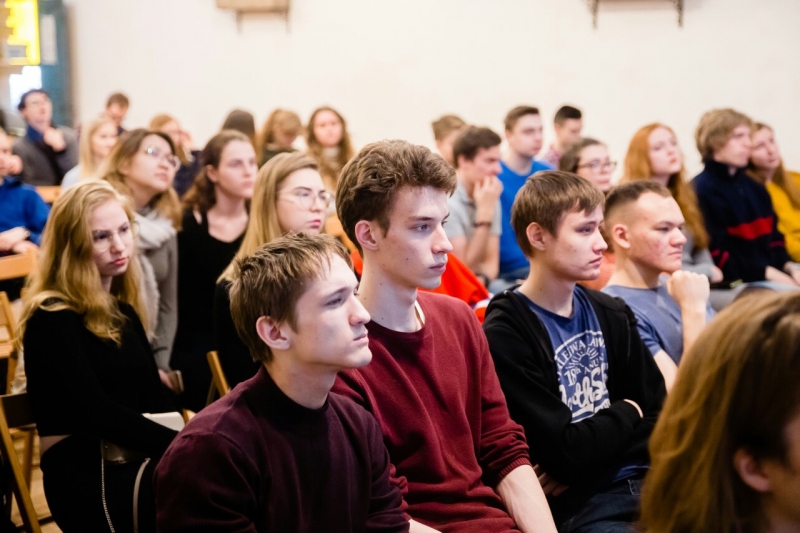Fellow
Experiences with Teaching at ITMO
In this blog post I want to share some of my experiences so far with teaching, and with work with students at ITMO university. First of all, the courses were done together with my colleagues Liubov Kovriguina and Ivan Shilin. Besides the fact that it is nice to collaborate regarding to course content, sharing the courses was quite essential to be able adhere to all administrative procedures.

Most course groups were small, and it is great that I can teach topics related to my research interests, that is natural language processing, and Semantic Web. In the beginning of the courses, sometimes it felt like it was a bit difficult for the Russian students to adjust to the unfamiliar teaching language, but usually after one or two units everything worked nicely, as could be seen by the way the students were solving their homework without problems.
What's nice here in Russia is that it seems to be common for students to say "Thank you!" to the teacher at the end of a lecture. In Austria, the culture is a bit different, students usually "applaud" by knocking on the table with their knuckles.
But probably most interesting about teaching is the work done by the students. For example in the NLP4IS (Natural Language Processing for Information Systems) course in the last semester, the students had to do course projects. I was very happy with the results of the projects. We already converted the findings from one of the projects into a conference publication, which has been accepted to CICLING 2019 (https://www.cicling.org/2019) in France. In that project, at first, the students translated datasets in the digital humanities domain from English to Russian.
The datasets are for the evaluation of word embeddings (a modern method of term representation) in a small and specialized domain, namely they feature entities and concepts from the "A Song of Ice and Fire" (by GRR Martin) and "Harry Potter" (by JK Rowling) book series, and their relations. After translation to Russian, the students experimented with different word embedding methods and settings to train embeddings on the Russian-language book versions, and used those to evaluate the newly created datasets.They also tried to explain the differences regarding evaluation metrics between the English original versions and the Russian versions. The other student projects were equally interesting, but it would lead too far to discuss all of them here.
What I really like is that some students go the extra mile and think outside of the box. For example, as part of a small home work assignment a student created a dataset for evaluating word embeddings trained on the Polish original version of "The Witcher" (by Andrzej Sapkowski). He also addressed the additional Polish-language specific difficulties encountered in pre-processing the text.
But, as with everything in life, there is light and shadow. Just this week things went a bit wrong, when for the first two hours of teaching the projector was not available, as it was needed in some other room.
And shortly after the projector finally returned, and I happily continued with the prepared slides, the building had to be evacuated. The course ended by giving a quick explanation of the homework outside of the building. Such things happen and add a bit of excitement to the teaching, but in general, as already explained the experience is a very nice one, and the technical level of the students is generally a high one.
